Montessori School of Lemont
About Usin 1972 by a small group of teachers dedicated to offering a Montessori education for students from families committed
to this method of education.
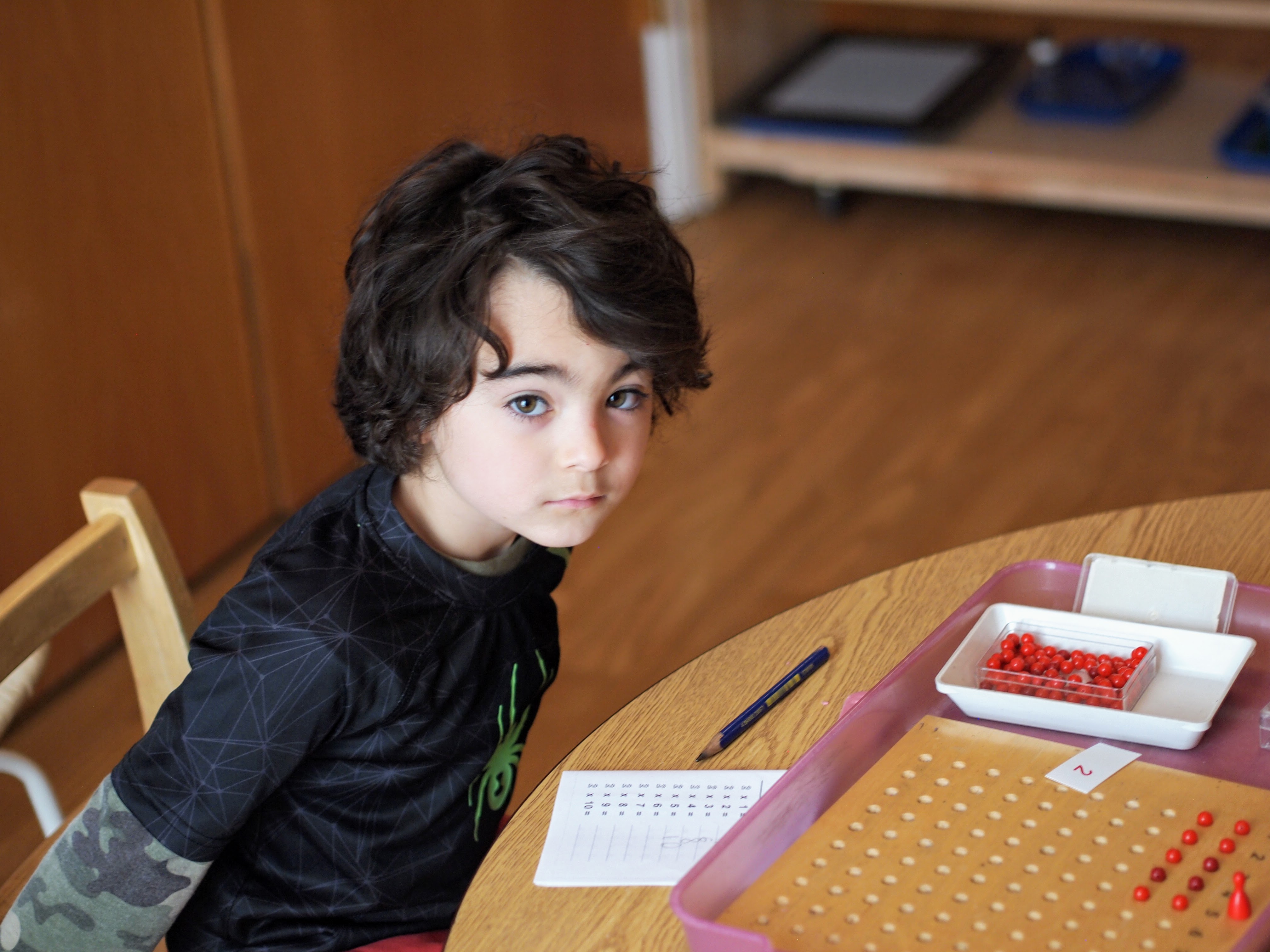
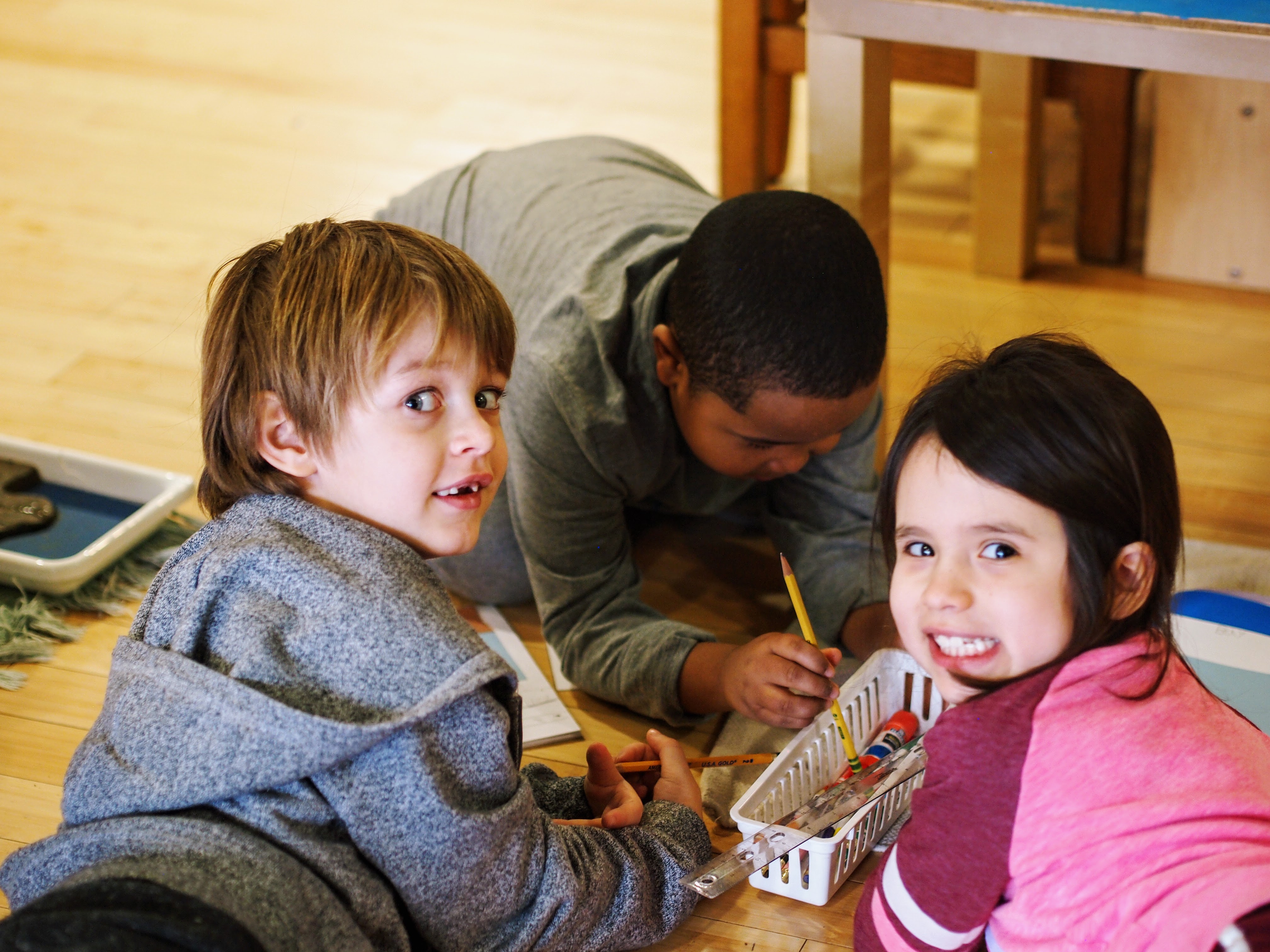
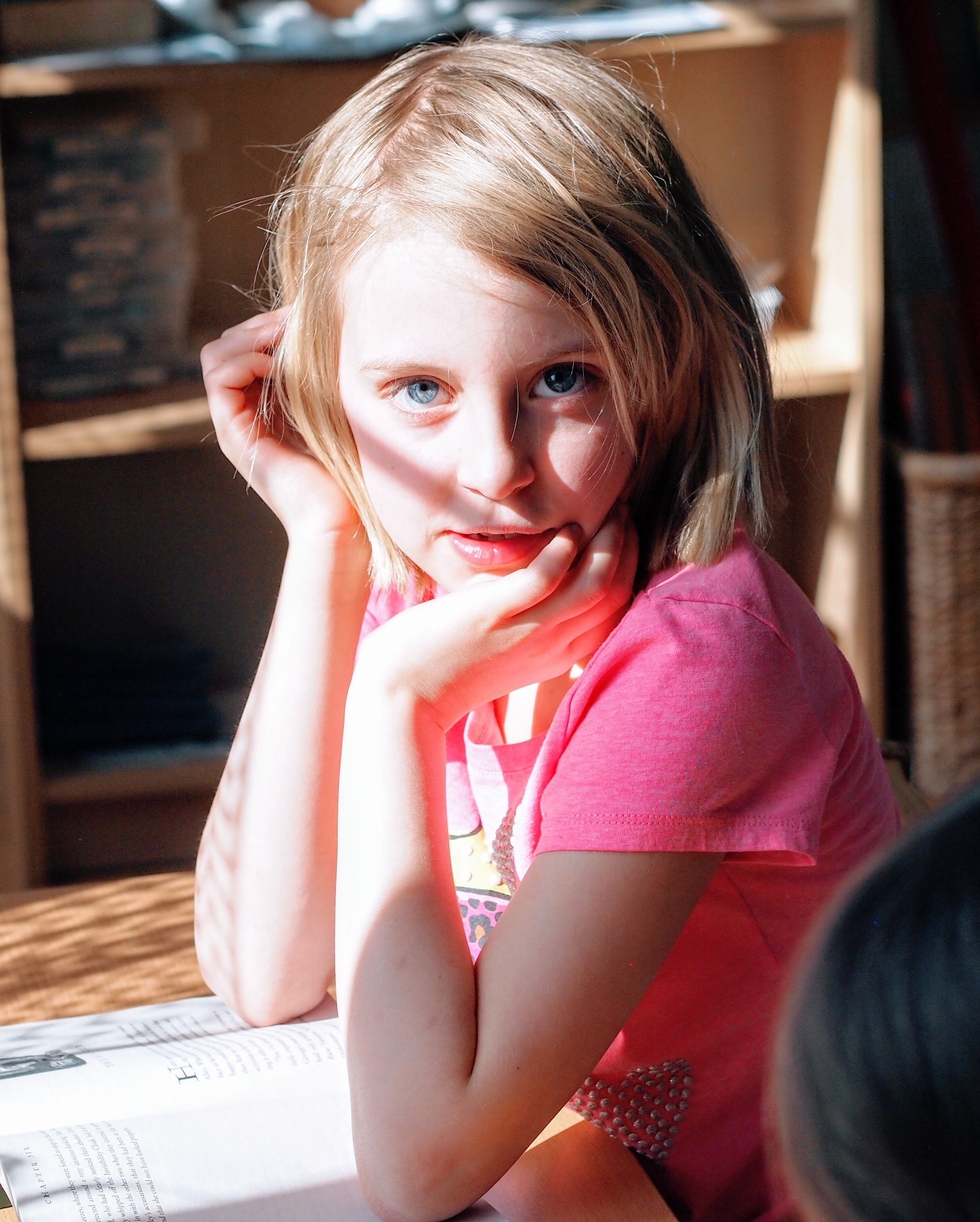
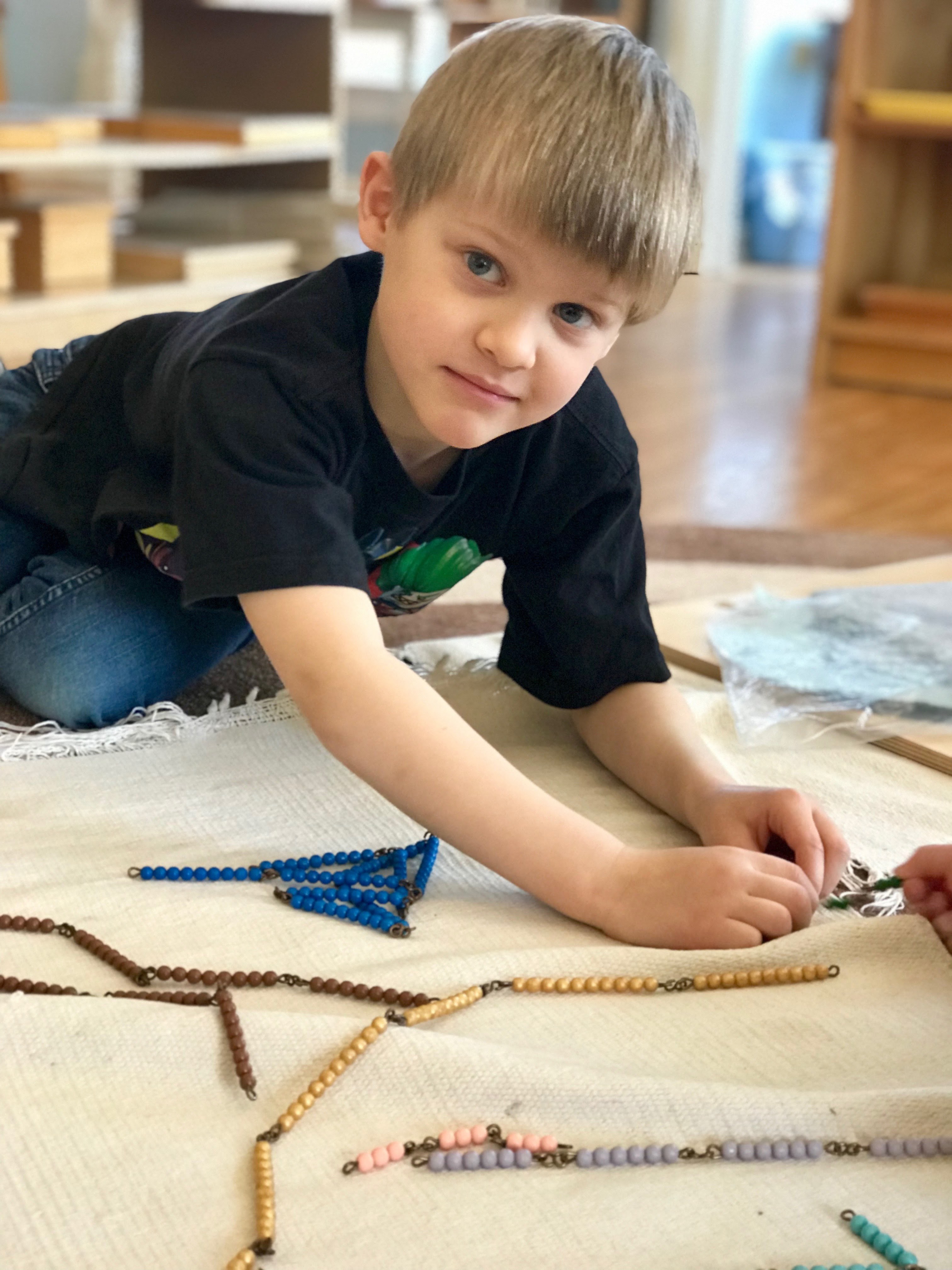
MONTESSORI
Innovation not Standardization
In the Spring of 2010, a new building was completed to house our Elementary students. Funds are currently being raised to continue to improve and grow our campus.
It is the mission of the Montessori School of Lemont to provide for the physical, intellectual, emotional and spiritual education of children ages 3-15 years following the methods and philosophy of Dr. Maria Montessori.
MONTESSORI
Mission Statement
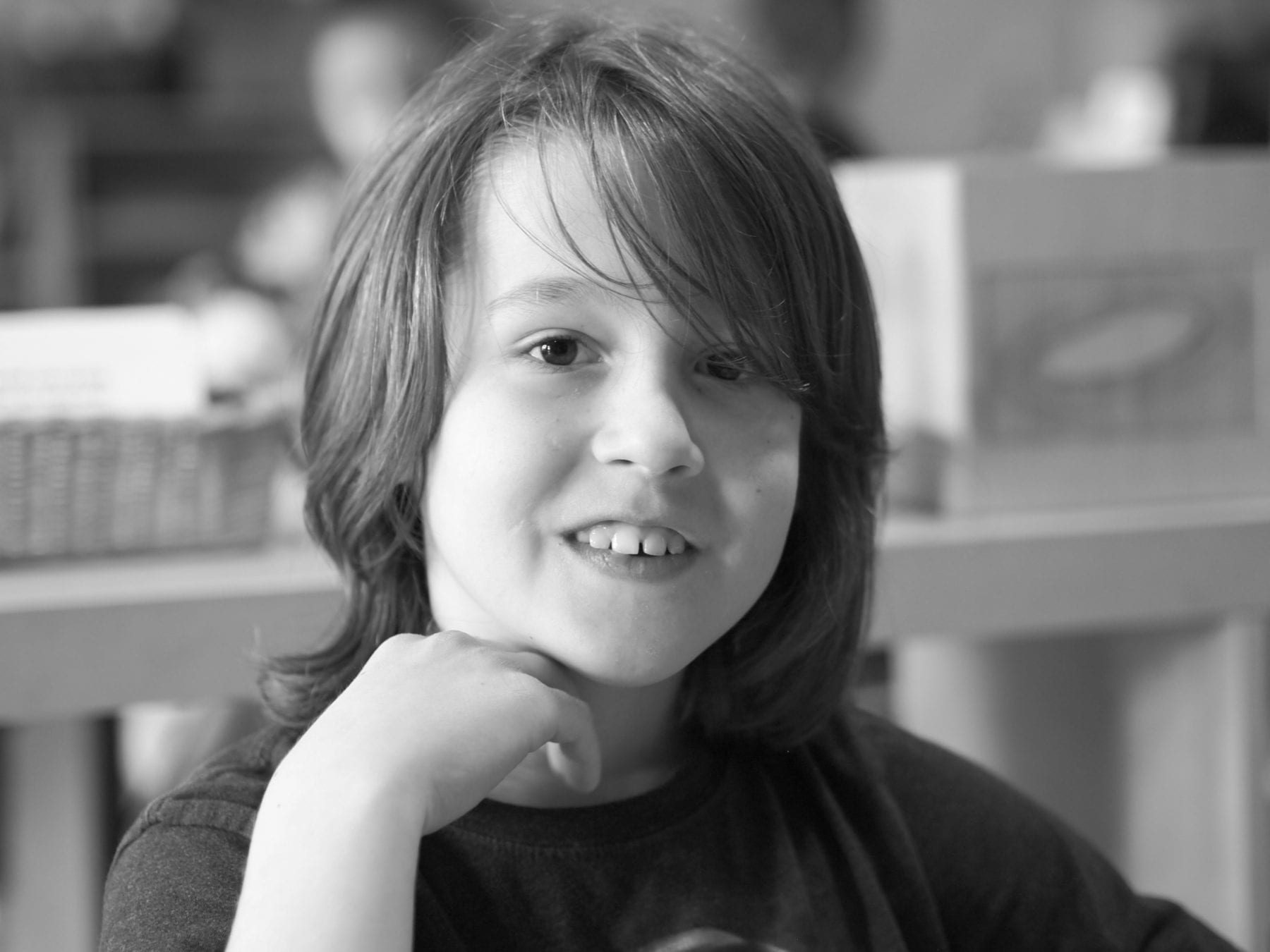
MONTESSORI
Philosophy
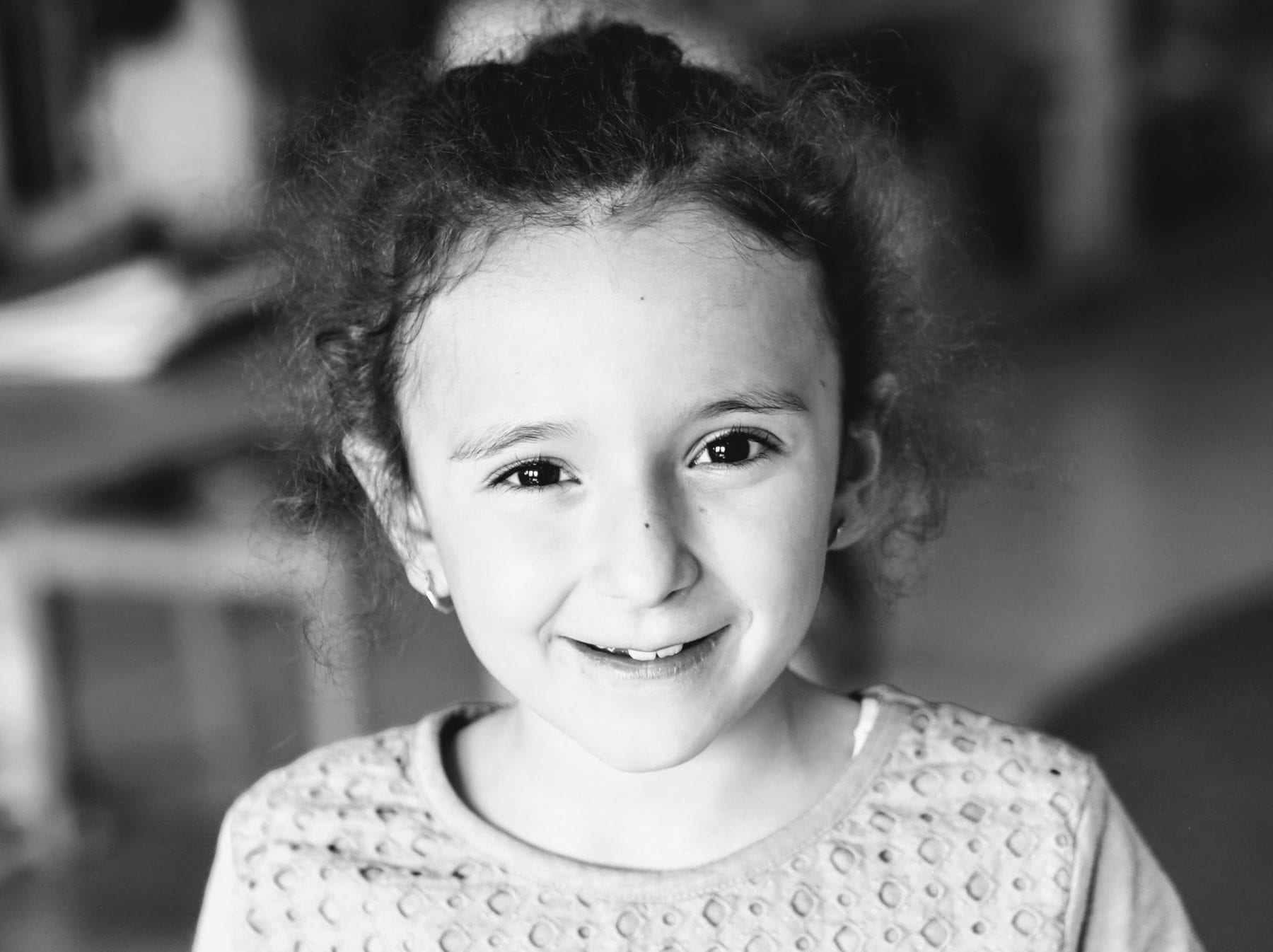
OUR
Faculty & Staff
The Teacher
The Montessori teacher functions as a role model, demonstrator, record keeper, and meticulous observer of each child’s behavior and growth. Like her students, she is an active and curious learner. A delight in continual inquiry and growth and a respect for each child’s unique learning styles and interests are among her key qualities.
It is the Montessori teacher who prepares the active, developmentally appropriate learning environment, furnished with specially designed materials, where students explore, discover, and experience the joy of learning.
Teacher education programs (TEPs) affiliated with the American Montessori Society [and the Association Montessori Internationale or AMI] provide comprehensive courses of study that prepare the adult learners of today to be the highly skilled, highly qualified Montessori teachers and leaders of tomorrow.
To be eligible for AMS affiliation, a TEP must be accredited by the Montessori Accreditation Council for Teacher Education, the premier, international standard-setting and accrediting organization for Montessori teacher education. While each is unique and has its own academic schedule and tuition, all are rigorously designed with the goal of ensuring that you will receive an education consistent with standards for entry into practice at your chosen level. In addition, all include both an academic component and a practicum component (internship).
Montessori Credentials
AMS issues Montessori credentials to successful graduates of AMS-affiliated TEPs who hold a BA or BS degree (or higher). An associate credential for Infant & Toddler and Early Childhood levels is awarded to those who have completed high school but do not hold a college degree.
The following credentials are awarded after graduation from an AMS-affiliated TEP:
Infant & Toddler (birth – age 3)
Early Childhood (ages 2 1/2 – 6)
Elementary I (ages 6 – 9)
Elementary II (ages 9 – 12)
Elementary I – II (ages 6 – 12)
Secondary I (ages 12 – 15)
Secondary I – II (ages 12 – 18)
Administrator

Source: Montessori Teachers and Credentials, American Montessori Society
OUR
Strategic Plan | 2020- 2025
 Loading...
Loading...Free the child’s potential, and you will transform him into the world
Maria Montessori
The greatest sign of success for a teacher is to be able to say, “The children are now working as if I did not exist.”
The first woman in Italy to graduate in medicine from the University of Rome, Montessori worked with children with intellectual and developmental disabilities, then served in a variety of university teaching positions. In 1907, based on her research in philosophy, child development and education, she opened the Casa dei Bambini, teaching children of normal intelligence using her methods. She spent most of her remaining life writing, lecturing and teaching about her methods.
The Montessori method assumes that children learn best by interacting with concrete materials and by being respected as individuals. The teacher’s role is primarily in organizing materials and establishing a general classroom culture. Most activities are individual, though the children interact in groups in some activities.
